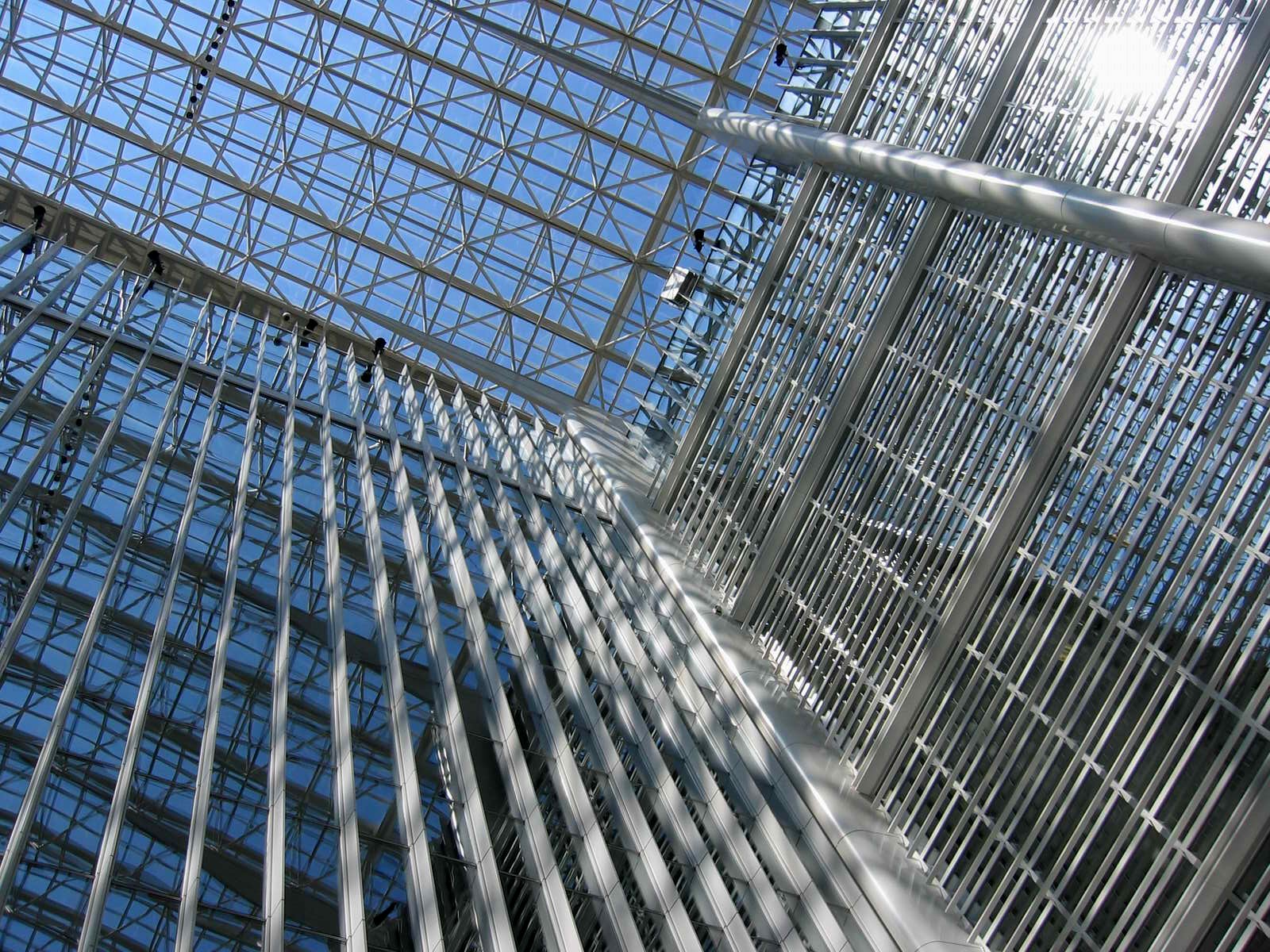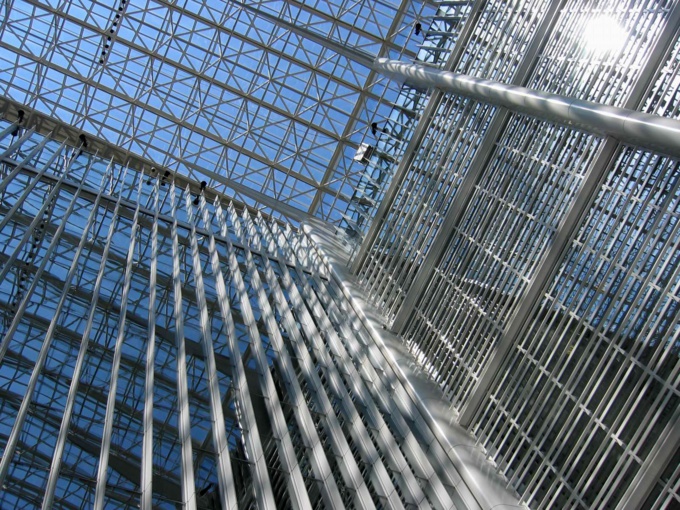World Bank President Jim Yong Kim will leave his post ahead of schedule. From February 1, his duties will be transferred to the current CEO of the bank Kristalina Georgieva, the bank said. Mr. Kim himself intends to go to work in private business. According to a press release from the bank, he will join a private firm and “will work to improve infrastructure investments in developing countries.” “In this way, I can have the greatest impact on solving such global problems as climate change and the lack of infrastructure in developing countries,” said the bank’s head in a letter to employees. Resignation of Mr. Kim from this post was unexpected, and it may well be considered an emergency.
Election of a new head can revive previous discussions about investment goals of the international development institute and the right of the bank’s largest shareholder, the United States, to place its representative at the head of the WB. Traditionally, a representative of the United States becomes president of the bank with the consent of other countries. In turn, representative of Europe leads the International Monetary Fund (this system has been formed and maintained since the appearance of both organizations in the 1940s). The United States remains the blocking shareholder of the bank with 16% of the vote. In order to maintain Washington’s blocking stake in the face of erosion of the country's share in the capital of the World Bank, its threshold was reduced in 2018 to 15%. However, other countries insist on appointing a new president from among non-American candidates.
Jim Yong Kim himself has quite interesting views on world social progress. In April 2018, the majority of WB shareholders agreed to a large-scale increase in the group's capital and reform of the basic principles of lending proposed by Mr. Kim. His proposal was to increase the cost of borrowing for higher-income countries in order to stimulate support for the poorer. In total, the countries agreed to increase the authorized capital of the group by $ 13 billion, including $ 7.5 billion of the International Bank for Reconstruction and Development (IBRD provides concessional loans for various projects that promote development) and $ 5.5 billion of the International Finance Corporation (IFC, invests in private projects on a return basis).
It was forecasted that this would increase cumulative amount of group funding from $ 59 billion in 2018 to $ 100 billion a year from 2019 to 2030, but part of the funds ($ 4.5 billion) for the IBRD were supposed to be spent on fighting poverty by another organization of WB - IDA (focused on infrastructure assistance to the poorest countries), although mandated donations to it should be voluntary. This initially caused objections in the United States, but later Washington supported the reform, since it implies a rise in the cost of loans, including for China.
source: vox.com
Election of a new head can revive previous discussions about investment goals of the international development institute and the right of the bank’s largest shareholder, the United States, to place its representative at the head of the WB. Traditionally, a representative of the United States becomes president of the bank with the consent of other countries. In turn, representative of Europe leads the International Monetary Fund (this system has been formed and maintained since the appearance of both organizations in the 1940s). The United States remains the blocking shareholder of the bank with 16% of the vote. In order to maintain Washington’s blocking stake in the face of erosion of the country's share in the capital of the World Bank, its threshold was reduced in 2018 to 15%. However, other countries insist on appointing a new president from among non-American candidates.
Jim Yong Kim himself has quite interesting views on world social progress. In April 2018, the majority of WB shareholders agreed to a large-scale increase in the group's capital and reform of the basic principles of lending proposed by Mr. Kim. His proposal was to increase the cost of borrowing for higher-income countries in order to stimulate support for the poorer. In total, the countries agreed to increase the authorized capital of the group by $ 13 billion, including $ 7.5 billion of the International Bank for Reconstruction and Development (IBRD provides concessional loans for various projects that promote development) and $ 5.5 billion of the International Finance Corporation (IFC, invests in private projects on a return basis).
It was forecasted that this would increase cumulative amount of group funding from $ 59 billion in 2018 to $ 100 billion a year from 2019 to 2030, but part of the funds ($ 4.5 billion) for the IBRD were supposed to be spent on fighting poverty by another organization of WB - IDA (focused on infrastructure assistance to the poorest countries), although mandated donations to it should be voluntary. This initially caused objections in the United States, but later Washington supported the reform, since it implies a rise in the cost of loans, including for China.
source: vox.com



















